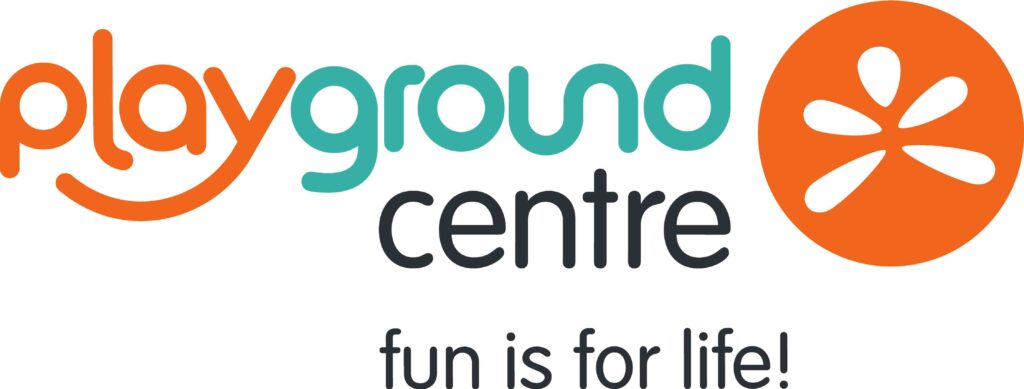Playground Centre: Play as Brain Food!
Turn playgrounds into learning grounds through storytelling and co-design
Once upon a time, every school playground looked much the same. A swing, a slide, a monkey bar – replicated across schools and neighbourhoods. Today, it can – and should – be a different story.
An exciting new chapter in school playground design has been opened through the application of story-led and co-design approaches that help schools create playgrounds as unique as their students and community.
The result? Play experiences that are more meaningful, enriching, and engaging — strengthening community connections and school pride.
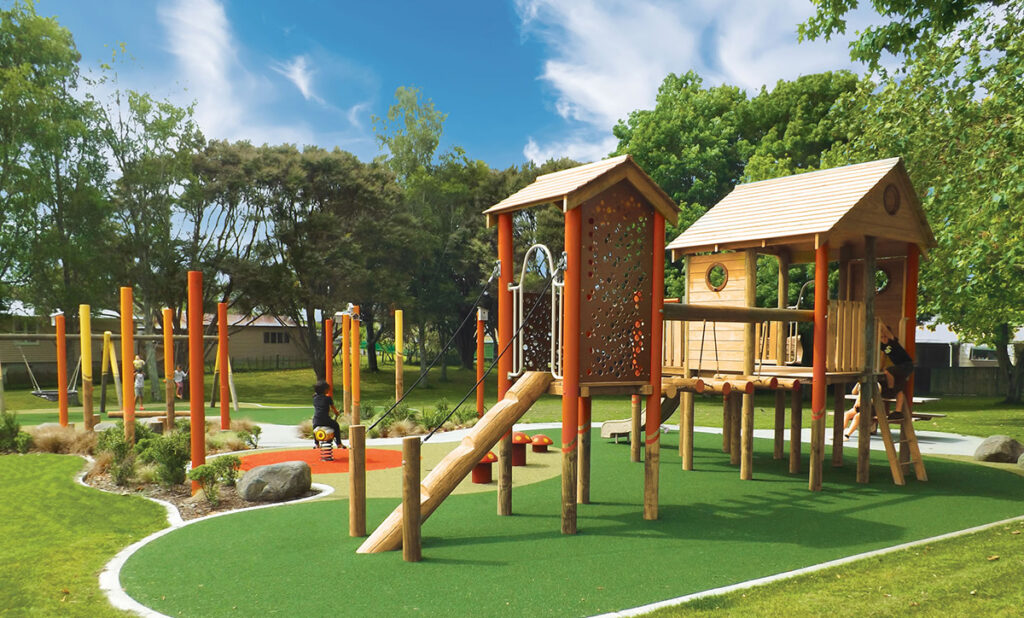
The power of storytelling in school playground design
Stories have sparked children’s imaginations and helped them learn for centuries. So, it makes perfect sense that story-led playground design can have the same impact.
Now commonly used in the development of community playspaces, and emerging as a key trend in schools globally, it’s a design process that draws inspiration from:
- Local history: Connecting students to their community’s heritage.
- First Nations stories: Honouring and sharing cultural knowledge.
- The natural environment: Educating children about native flora and fauna, and local landscapes and landmarks.
Widely acknowledged as providing the platform for immersive and imaginative play experiences that support literacy, language development, and social-emotional learning, they also encourage children to appreciate and value the places where they live (and learn).
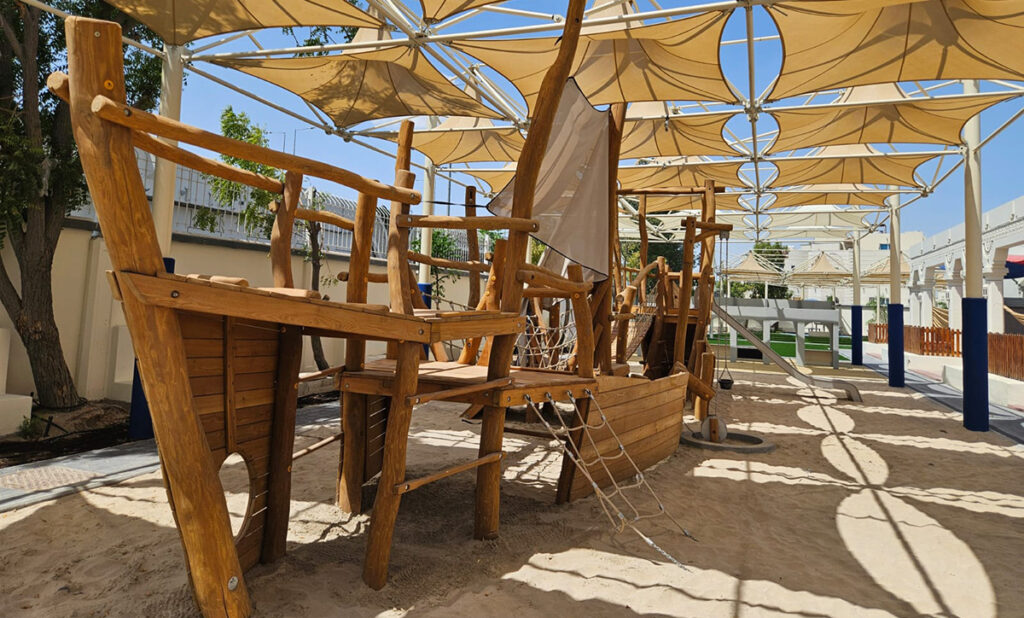
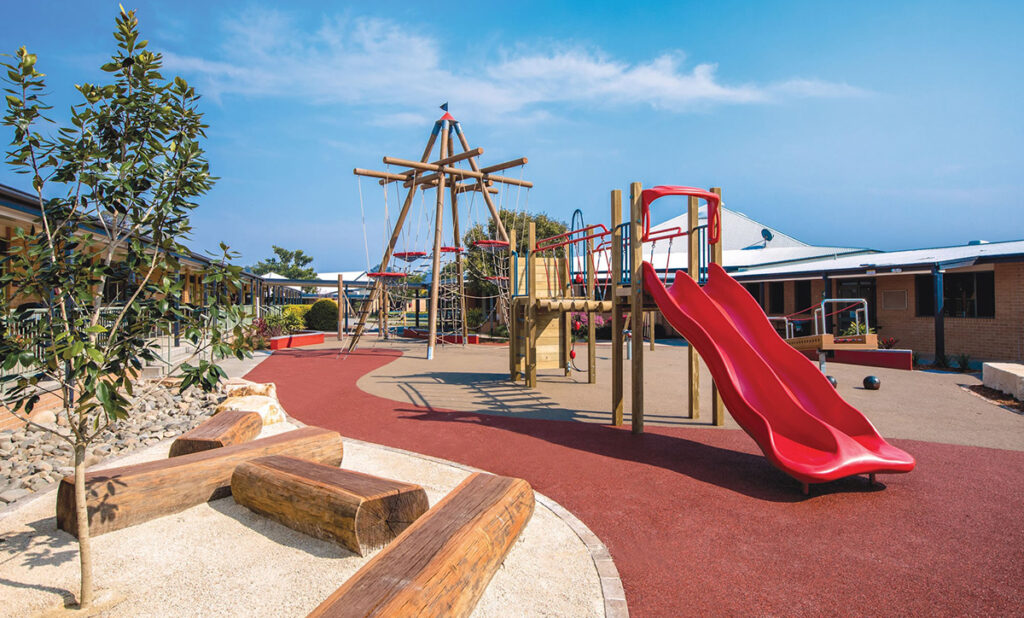
Co-design: where voices are heard and ideas flourish
Co-design works hand-in-hand with storytelling. By involving students, teachers, and the wider school community, schools can create spaces that are true reflections of their culture and values, needs and aspirations.
For educators, co-design is also a powerful way to promote student voice and agency – giving young people a real say in decisions that affect them. The process might include:
• Workshops, surveys, or activities to gather student ideas
• Involvement in planning sessions with teachers and playground designers
• Collaborative reviews to refine themes, layouts, and equipment.
Engaging students in the process also sends a powerful message: this is their space, designed for their needs. Building a sense of ownership that encourages children to care for and cherish it.
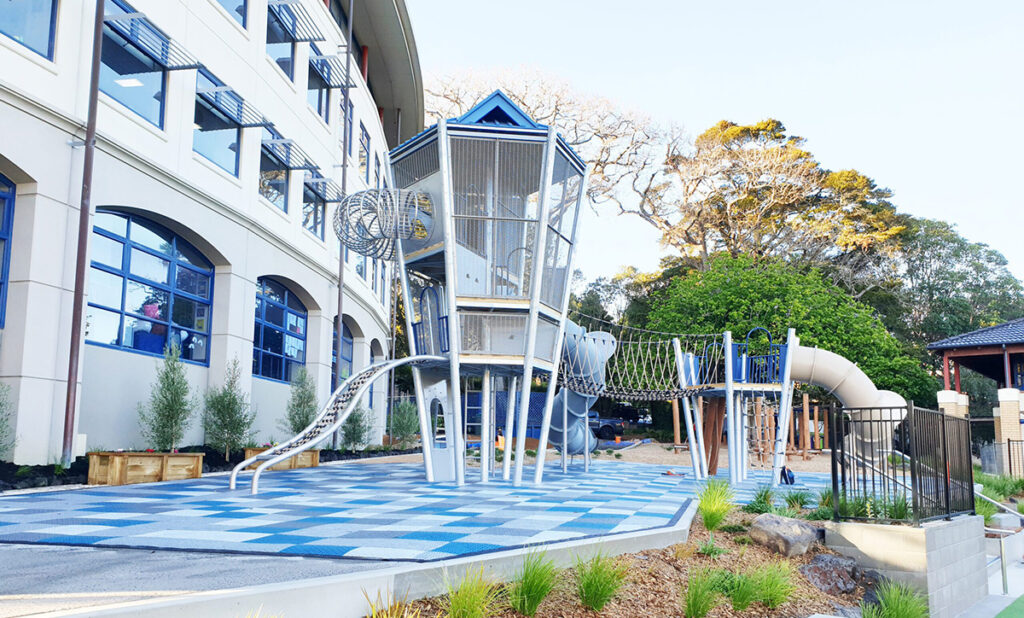
Customisable play equipment: Bringing your story to life
Customisable playground equipment allows schools to translate storytelling principles into tangible play experiences. Choices around colours, materials, finishes, shapes, and configurations add unique, playful touches.
For example, an adventure tower could be painted or shaped to reflect a local landmark, a climbing net could echo patterns from nature, or swings could feature poles shaped like native plants.
The possibilities are endless with a little bit of creativity and collaboration with an experienced playground design and build partner, and equipment manufacturer, like Playground Centre. This ensures a playspace’s design and equipment not only looks the part, but it is also tailored to your school’s budget, education, wellbeing and development goals, and meets Australian quality and safety standards.
Helping schools create impact
Playground Centre specialises in school playground design and equipment that creates engaging, future-focused play experiences that actively support children’s learning, wellbeing, and success.
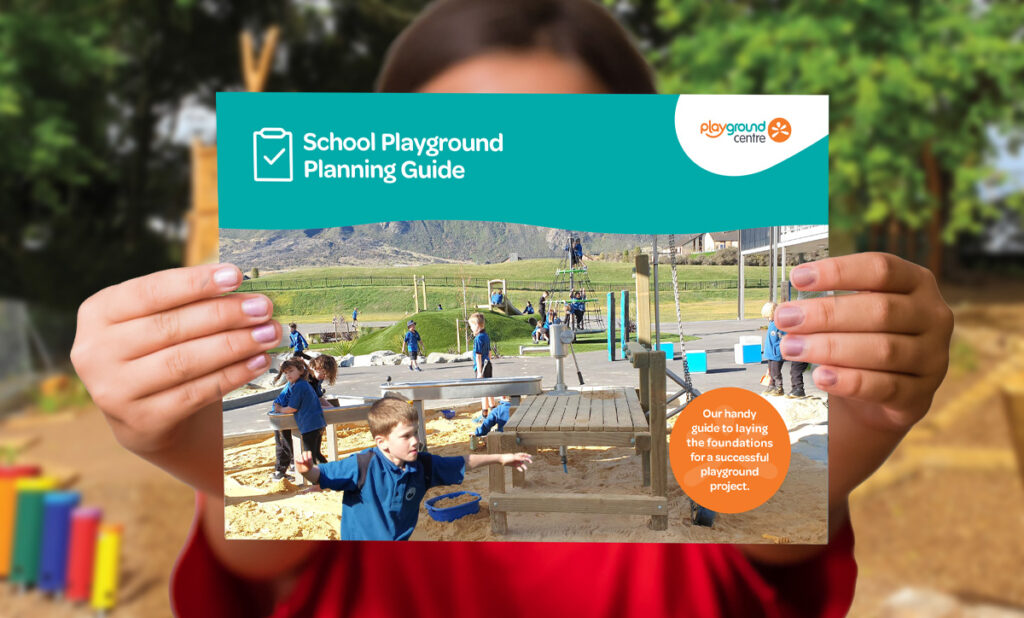
Discover more
For practical guidance, download Playground Centre’s Schools Playground Planning Pack, which offers tools and tips for K-12 schools designing purpose-driven, development-rich playspaces.
1800 092 897
[email protected]
playgroundcentre.com
Playground Centre Schools Playground Planning Pack Download Link

